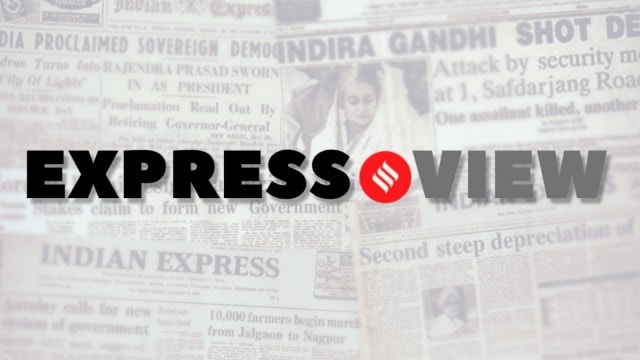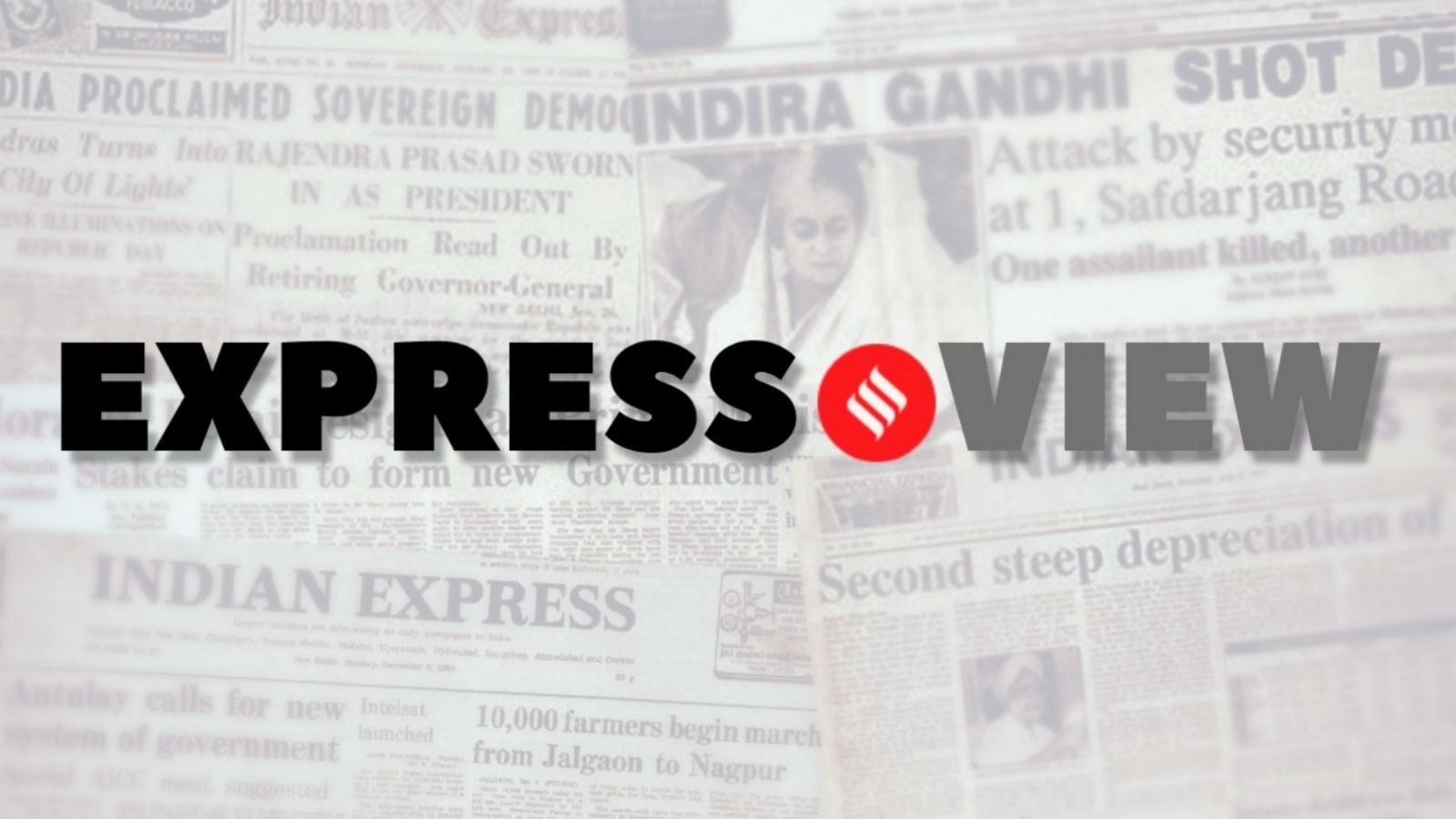
Feb 2, 2025 07:05 IST First published on: Feb 2, 2025 at 07:05 IST
Is the working of the economy the domain only of pragmatists, of economists trained to unspool the intricacies of financial markets and government policies? In The Poets’ Guide to Economics (2022), John Ramsden drew upon literary examples to show how the prosaic world of economic theory and practice could be softened by the expansive imagination of poets, liberating it from the commonly held belief that it was the preserve of specialists and not Everyman whose life was impacted by these decisions. Sometimes, what came off the engagement could only be called poetic licence — the Romantic poet PB Shelley, for instance, advocated for “natural kindness” to make up for injustices big and small. But sometimes, it could also throw up larger ideas — Hilaire Belloc, poet and historian, proposed a workers’ union of sorts to negotiate fair compensations, among other things.
In invoking the words of Telugu poet and playwright Gurajada Appa Rao and Thiruvalluvar’s Tamil classic Thirukkural in her eighth Budget presentation, Finance Minister Nirmala Sitharaman seemed to be drawing upon a different sort of poetic imagination — one that tied her speech to a broader cultural narrative. Appa Rao’s “Desamante matti kaadoi, desamante manushuloi (A country is not just its soil, a country is its people)” and Verse 542 of Thirukkural — “Vaanokki vaalum ulakellaam mannavan koalnokki vaalung kuti (Just as living beings live expecting rains, citizens live expecting good governance)” both place the citizen at the heart of the narrative. The FM’s selection also underscored larger themes of economic and social justice that have dominated political debates in recent times.
Story continues below this ad
Of course, this is not new in India’s parliamentary tradition. Finance ministers have routinely relied on poetic allusions to communicate their budget vision to citizens. Sitharaman has cited Chanakya Niti; Kashmiri poet Pandit Dina Nath Kaul (2020) and the Mahabharata (2022) earlier. Perhaps, the most enduring of references remains Manmohan Singh’s in his groundbreaking 1991 Budget presentation: “… as Victor Hugo once said, ‘no power on earth can stop an idea whose time has come.’”


